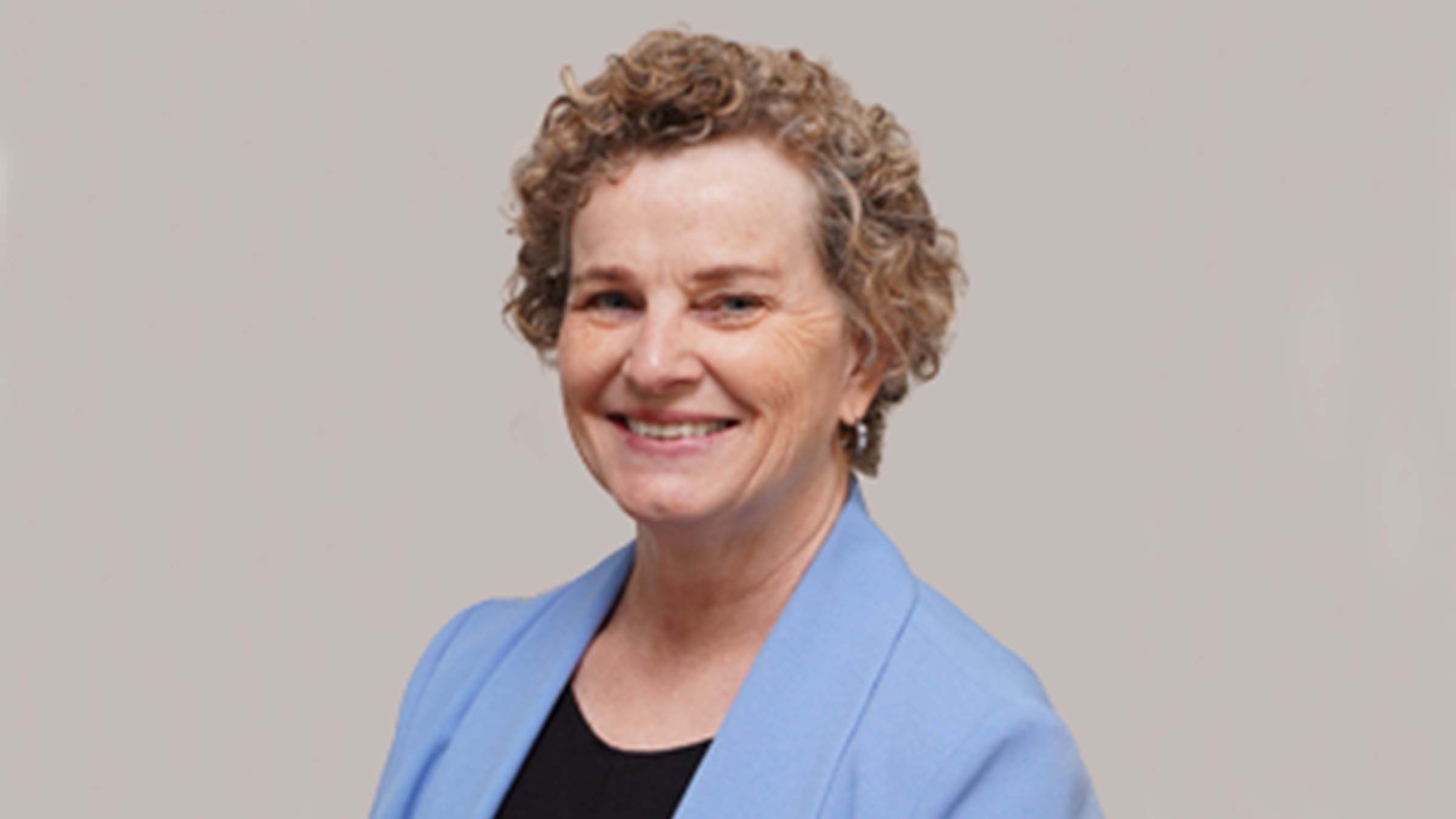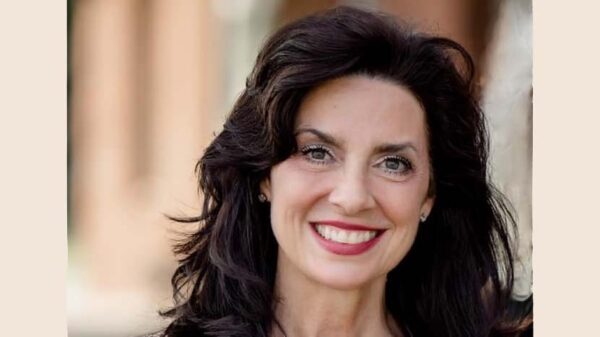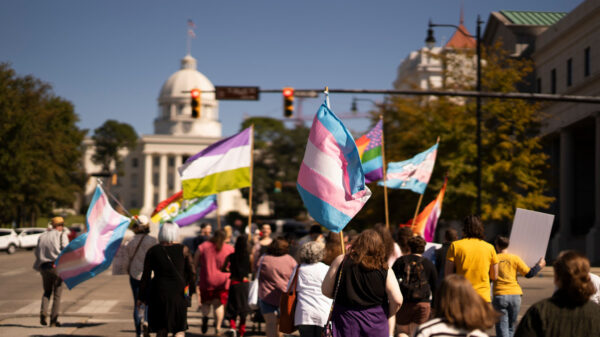Last week, APR reported that Huntsville-Madison County Public Library staff had been directed by Executive Director Cindy Hewitt to relocate LGBTQ+ children’s books and reconsider the classification of many LGBTQ young adult books.
Hewitt told APR Monday that the directive had been lost in translation, comparing the situation to a game of “telephone” in which her directive to review books that could face challenges became understood as a request to move all LGBTQ+ children’s books immediately to the adult section.
“When you make a statement to the top-level group and it gets translated down to 124 employees, it doesn’t always translate well,” Hewitt said. “There was some miscommunication in the process and what we were doing that got misinterpreted by staff and got everybody upset. When I understood what was going on on the branch level—and we had people come to our board meeting and express concern on both sides of the issue, by the way—we stopped what we were doing. We said ‘Let’s stop, let’s take a pause, let’s figure out what that next step is here because we’re not handling this well.’ And we stopped.”
Hewitt said her directive was triggered by a meeting of the Alabama Public Library Service board the week earlier in which the board agreed to allow parents to flag books they deem inappropriate to be collated into a statewide list.
“I found that very concerning because I didn’t feel like the libraries should be held to an outside list, but that we should be able to curate our collection with our professional ability,” Hewitt said. “So I went to management staff and talked to the board and said ‘We need to look at our collection and make our own decisions on what should or could be moved prior to somebody coming at us with a list.'”
While the APLS board did unanimously agree to create a system for parents to flag books they find inappropriate as a statewide resource for libraries, the list wouldn’t be binding on libraries for their collection policies.
In its two recent stories on the situation involving re-cataloging LGBTQ+ books within the Huntsville library system, APR has referred to a list provided by sources within the library they say that staff was told to go by–they say that staff was directed explicitly that the listed children’s books were to be moved without question, and that that direction was confirmed when staff asked for clarification.
But Hewitt said she never directed staff to work off of any specific list or relocate any books en masse; rather Hewitt told APR she simply asked staff to review the books they had that were most likely to be challenged.
“In this meeting, I never told staff they were tied to or limited to any specific list,” Hewitt said. “I did tell them there were already some lists we had been looking at of the challenged books that they could use and asked them and encouraged them to use their own lists, using all he keywords that might bring up these subjects.”
Hewitt said her focus was on sexually explicit books, as that is what challengers “seem to be tuned into,” but acknowledges that the list in question is based largely on LGBTQ+ content. Hewitt told APR that list had been previously generated after claims that the collection was unbalanced so the library could see how LGBTQ+ content compared to the rest of the curation, and had ultimately led to management deciding that the collection is not unbalanced.
But that list in fact was used at some branches, particularly the North Huntsville branch, to move LGBTQ+ books en masse, as evidenced by screenshots of the catalog before Hewitt ordered a pause on the project, and from actual in-library photos taken that show the books moved from their original locations.
“Because some of the books on there—or a good many of them, actually—were on that challenged list, it got pulled into this whole ‘look at your collection’ experience,” Hewitt said. “That was the list that some branches used more than others and it shouldn’t have been; that’s the miscommunication part. I called it like that game ‘telephone’ where you start with one conversation and it ends up being another farther down the list. I think that’s what happened here.”
Hewitt said she takes responsibility for the miscommunication, telling APR she had tried to stay out of the discussions of where individual content should be located. She said that once she realized what had happened and received concerns from staff, she paused the process and began investigating to rectify the situation.
“My intention has always been to protect the collection,” Hewitt said.
APR also previously reported that concern had been expressed from some within the library system that Hewitt had said she feels beholden to her church when it comes to what books are in the children’s section.
Hewitt told APR that concern particularly bothered her, as the church “has never told me what to do in my job.”
“I have never considered them to hold that role in my life,” Hewitt said.
Hewitt said all of this started due to the recent politicization of libraries, which have escaped much political fervor over the past five decades. The library has already been in the news once before due to a spat with Moms for Liberty as they attempted to host a “Brave Books” event featuring Kirk Cameron that quickly ballooned from an expected capacity of 30 to 300.
Hewitt said her library has been “pinpointed” on a state level as having books that should be moved, and this review was to get out ahead of the evolving situation.


















































